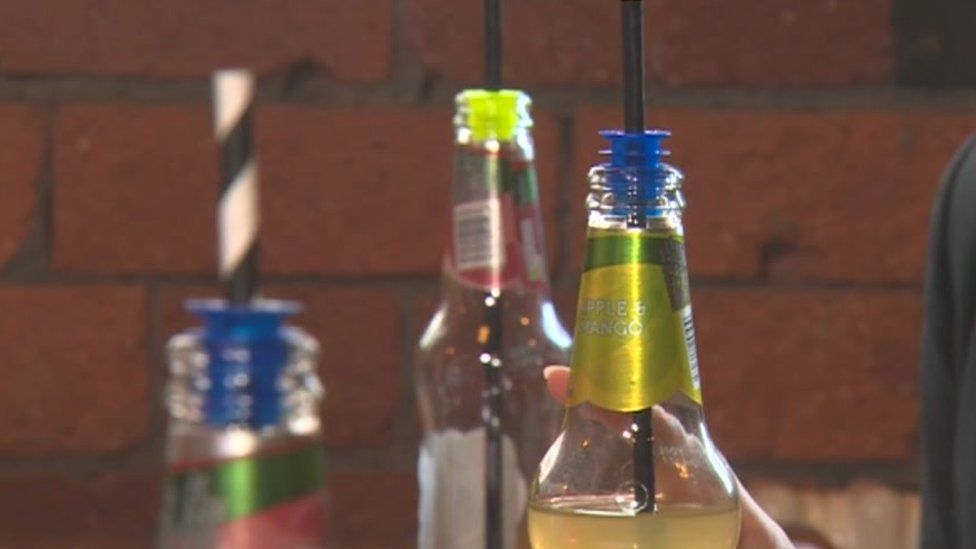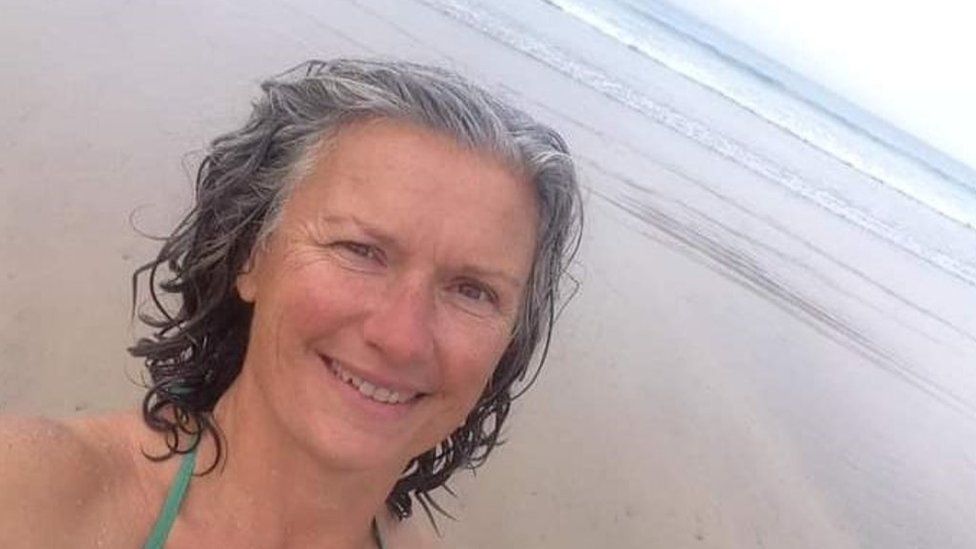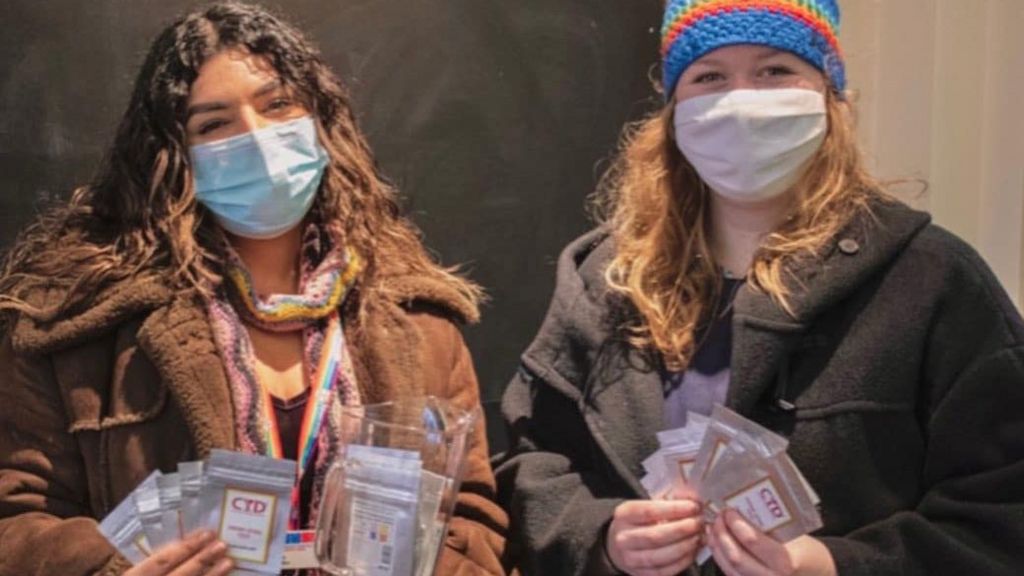Anecdotal evidence suggests spiking is widespread but victims are reluctant to report it, say MPs.

Spiking victims are too often brushed off as having had “one too many” which means the crime is under-reported, an investigation by MPs has found.
A belief that police in England and Wales “won’t do anything” adds to victims’ reluctance to come forward, says a Home Affairs Committee report.
Spiking is defined as having drugs or alcohol put in a drink without consent, or being secretly injected.
Anecdotal evidence suggests the practice is “widespread and dangerous”.
But the MPs found insufficient data to give an accurate picture of the prevalence of spiking, arguing that more needs to be done to support victims.
Of 1,895 spiking victims who responded to a questionnaire, conducted by the inquiry in December and January, almost nine in 10 said they received no support after an incident, fewer than a third reported it and in most cases no further action was taken.
Many victims criticised the attitudes of door staff of pubs and clubs, who rejected their concerns or even threw them out for being “drunk”.
The inquiry was launched after a sudden increase in reported spiking incidents last October.
In her evidence to the committee, Zara Owen described being spiked via injection on a student night out in Nottingham last year as “gruelling”.
She said she had no memory of most of the night until waking in the morning “with a really sharp agonising pain in my leg which left me limping”.
The centre of the pain was a pinprick mark, and she realised she must have been a victim of needle spiking.
“The fact that someone has injected a narcotic into my body without me being aware is terrifying,” she told MPs.
‘It could happen to anyone’
The questionnaire results suggest the vast majority of victims are young women, but others are also targeted.
Alexi Skitinis said his drink was spiked and he was robbed while he was on holiday, but he never reported it.
And Hannah Stratton, 51, who was drugged while out with friends in a quiet wine bar near her home in Cornwall, said her experience proved it could happen to anyone.
“We were sitting talking and then the next minute I just had no ability to hold my upper body up at all,” she says.

Hannah collapsed over the table, was violently ill and had to be driven home by taxi.
Everyone assumed she was drunk and she felt judged, she says.
She says an overwhelming sense of shame meant she never reported the attack to police – but with hindsight it became clear to her she had been spiked.
“I’ve never behaved like that in my life and I’m not going to behave like that after a couple of glasses of wine.”
The report’s recommendations include:
- local authorities to require night-time venues with poor records on spiking to improve if they are to keep their licences
- a support package to help night-time venues hire more and better trained door staff, particularly women
- a national anti-spiking communications campaign to encourage victims to come forward and make it clear it is a serious offence, carrying up to 10 years in jail
- all police forces to provide rapid testing to anyone who reports having been spiked
The Safeguarding Minister Rachel Maclean said the Home Office would consider all the report’s recommendations, adding that the government was “not afraid to legislate if it will help the police and courts better tackle the issue”.
The Home Office is considering whether a specific new offence of spiking is needed. The MPs welcome this and want a written update in six months’ time.
Michael Kill, chief executive of the Night Time Industries Association, said he noted that some victims felt they were treated dismissively by venue staff.
“We are clear this is wrong and stand ready to work with the government on improving people’s experience when they are reporting these crimes,” said Mr Kill, who welcomed the report.
Deputy Chief Constable Jason Harwin, drugs lead for the National Police Chiefs Council, said forensic drugs testing capacity had been increased.
“Let us be clear, whilst we don’t condone the taking of illegal drugs, it is not a crime to have them in one’s system and our focus remains on identifying those offenders that are committing spiking related crimes,” he said.
“Please be assured that if you do report to your local police force, you will be listened to, and it will be taken seriously from the outset.”
- 10 December 2021


